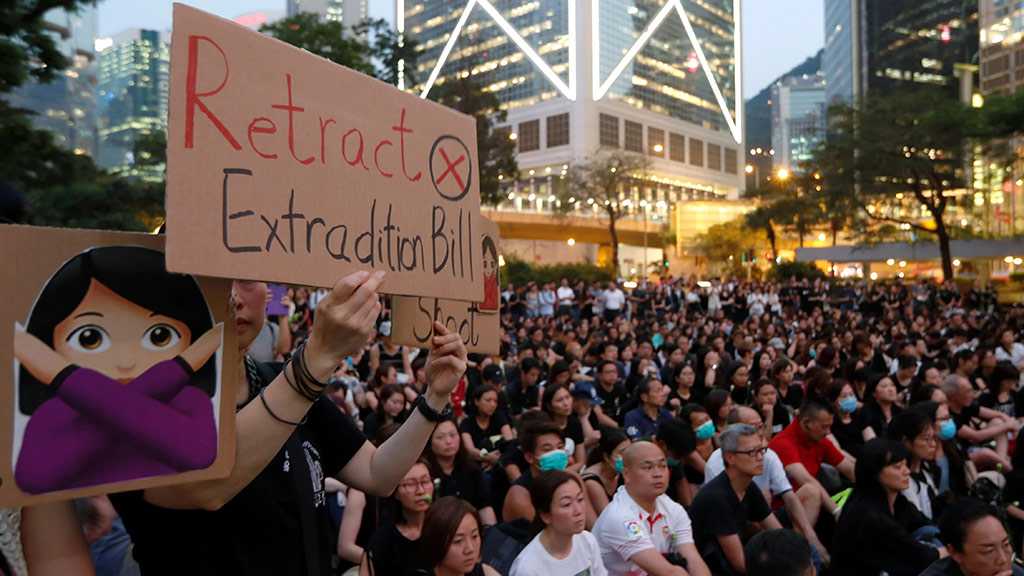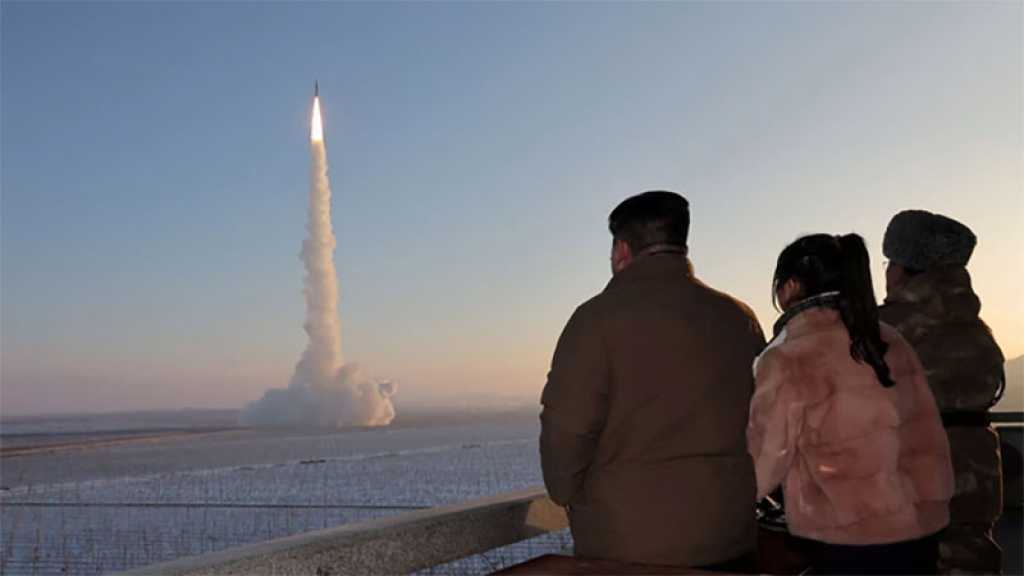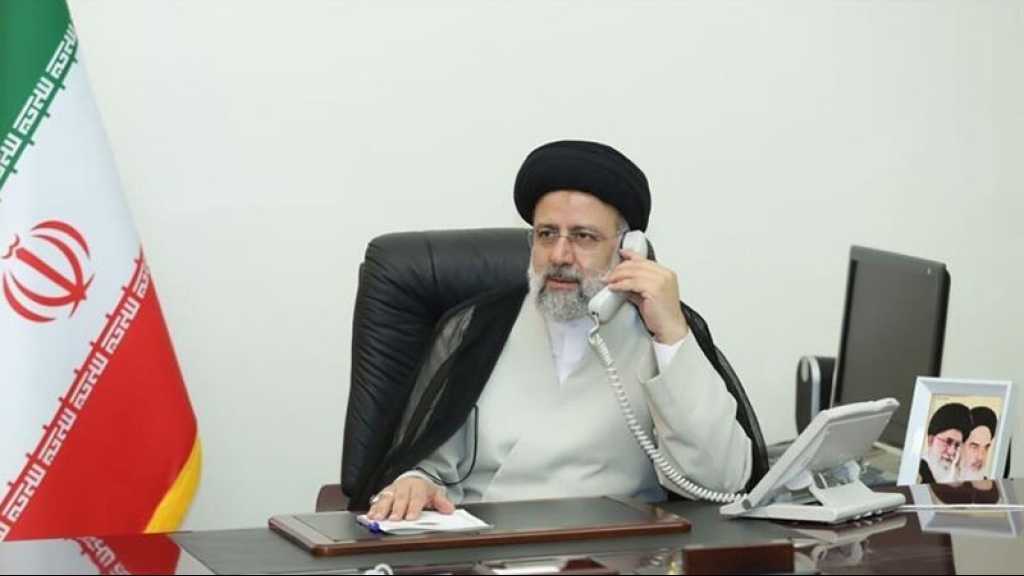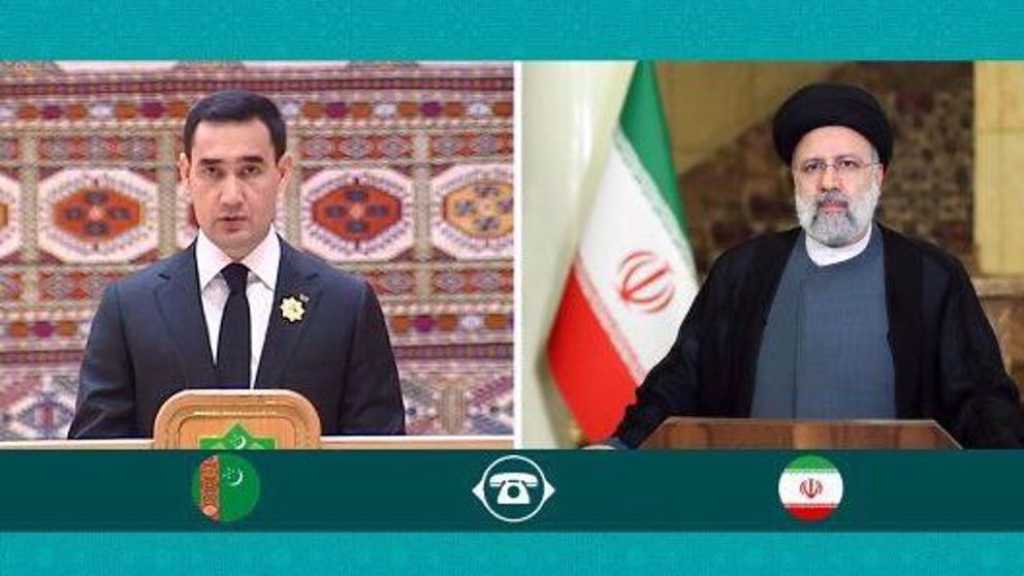
Hong Kong Protesters March near Border to Target Traders from China

By Staff, Agencies
Several thousand Hong Kong people marched on Saturday to protest against mainland Chinese traders in a border town, tapping into sentiment behind huge demonstrations against an extradition bill to highlight another problem they see as having been mismanaged.
The protest in the town of Sheung Shui is the latest in a string of demonstrations that has roiled the former British colony for more than a month, fueling its biggest political crisis since China regained control in 1997.
Street protests have drawn in millions, with hundreds even storming the legislature on July 1 to oppose the now-suspended extradition bill that would have allowed criminal suspects in Hong Kong to be sent to China to face trial.
Critics see the bill as a threat to Hong Kong’s rule of law. Chief Executive Carrie Lam this week said the bill was “dead” after having suspended it last month, but opponents vow to settle for nothing short of its formal withdrawal.
Most protests centered on the central business district, but demonstrators have recently begun to look elsewhere to widen support by taking up narrower, more domestic issues.
“Our lovely town has become chaos,” said Ryan Lai, 50, a resident of Sheung Shui, where so-called “parallel traders” buy bulk quantities of duty-free goods to be carried into mainland China and sold.
“We don’t want to stop travel and buying, but please, just make it orderly and legal,” he added. “The extradition bill was the tipping point for us to come out. We want Sheung Shui back.”
Mainland traders have long been a source of anger among those in Hong Kong who say they have fueled inflation, driven up property prices, dodged taxes and diluted the town’s identity.
Hundreds of police patrolled nearby streets as protesters chanted demands in Mandarin, China’s official language, for the traders to go home. Many street-level shops were shuttered ahead of the march.
“We want to raise awareness in Washington that the United States has to do more now to help Hong Kong become fully democratic,” said a resident of the nearby town of Fanling, who was one of five people in the crowd carrying US flags.
“They are the most important power left that can stand up to China,” added the 30-year-old man, who gave his name only as David, declining to reveal his surname.
Hong Kong’s lack of full democracy was behind the recent unrest, said Jimmy Sham, of the Civil Human Rights Front, which organized protests against the extradition bill.
“The government, Carrie Lam, some legislators in functional constituencies are not elected by the people, so there are many escalating actions in different districts to reflect different social issues,” he said.
“If political problems are not solved, social well-being issues will continue to emerge endlessly.”
Similar protests have included a march last week by nearly 2,000 people in the Tuen Mun residential district to protest against what they saw as the nuisance of brash singing and dancing to Mandarin pop songs by middle-aged mainland women.
On Sunday, tens of thousands marched in one of Kowloon’s most popular tourist shopping areas, trying to persuade mainland Chinese tourists to back opposition to the extradition bill.
When former colonial ruler Britain returned Hong Kong to China in 1997, Chinese Communist leaders promised the city a high degree of autonomy for 50 years.
But many say China has progressively tightened its grip, putting Hong Kong’s freedoms under threat through a range of measures such as the extradition bill.
Anti-extradition protesters plan another demonstration on Sunday in the town of Sha Tin, in the so-called New Territories between Hong Kong island and the border with China.



